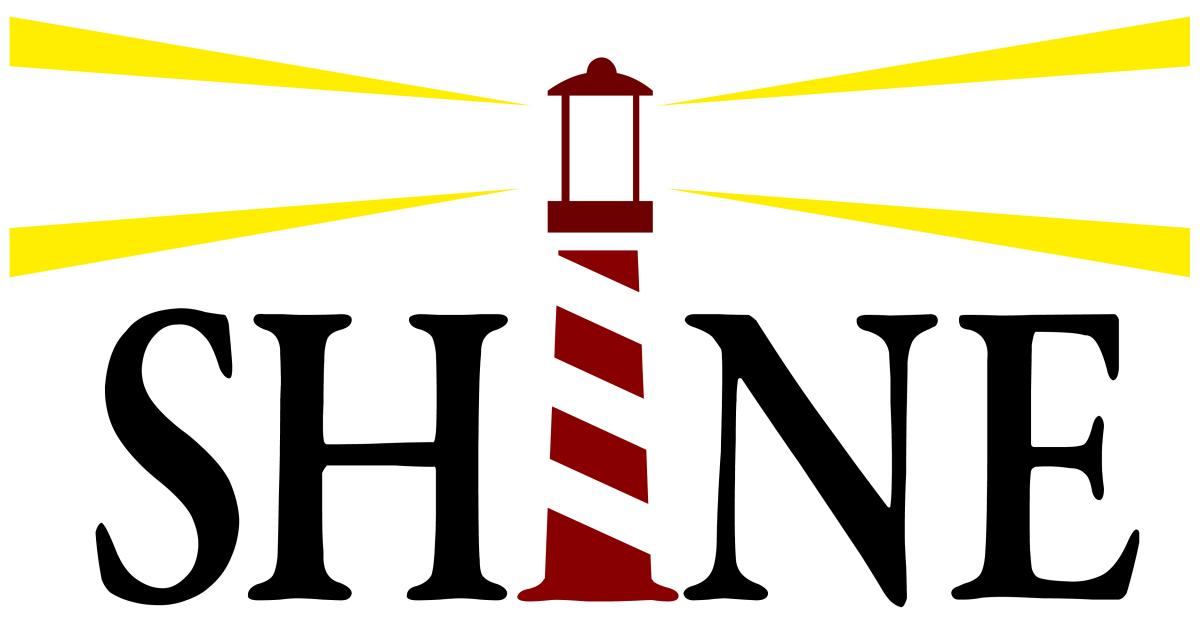Overview
Over 750,000 people have strokes in the US annually. Approximately 40% percent of the patients with acute ischemic stroke are hyperglycemic at presentation. Though hyperglycemia is known to be associated with worse clinical outcome, it is unclear if treatment interventions to assure euglycemia can improve outcome and if they do if they can overcome the additional risk of causing hypoglycemia in ischemic brain. We hypothesize that an insulin protocol that maintains euglycemia for 3 days in hyperglycemic acute ischemic stroke patients will improve clinical outcome and be safe. The Stroke, Hyperglycemia Insulin Network Effort (SHINE) Trial is a multicenter, randomized, controlled clinical trial of 1400 patients that will include 56 sites. Eligible subjects must be within 12 hours of stroke symptom onset and have diabetes and glucose concentrations of over 110 mg/dL on initial evaluation. The enrolling sites will include the Neurological Emergencies Treatment Trials (NETT) sites (~45 sites) in addition to ~10 nonNETT sites from all over the United States. The study will evaluate the safety and efficacy of targeted glucose control (treatment group – IV insulin with target 80-130 mg/dl) verses control therapy of sub q insulin plus basal insulin with target glucose less than 180 mg/ dL. The intervention group will utilize and FDA cleared decision support tool to guide the treating team in insulin drip adjustments. The study design includes pre-specified adaptive design methods and a sliding dichotomy primary outcome to maximize the efficiency and power of the trial. The primary outcome will be functional outcome at 3 months as measured by the modified Rankin Scale (mRS) Score. The primary safety outcome will be severe hypoglycemia defined as <40 mg/dL. Enrollment will occur over 3.5 – 4 years. The results of this study will have enormous impact on the stroke community as health care providers currently manage hyperglycemic acute stroke patients every day without adequate evidence of best therapy. Regardless of the results of this trial, it will guide acute stroke management across the country and possibly the world.
